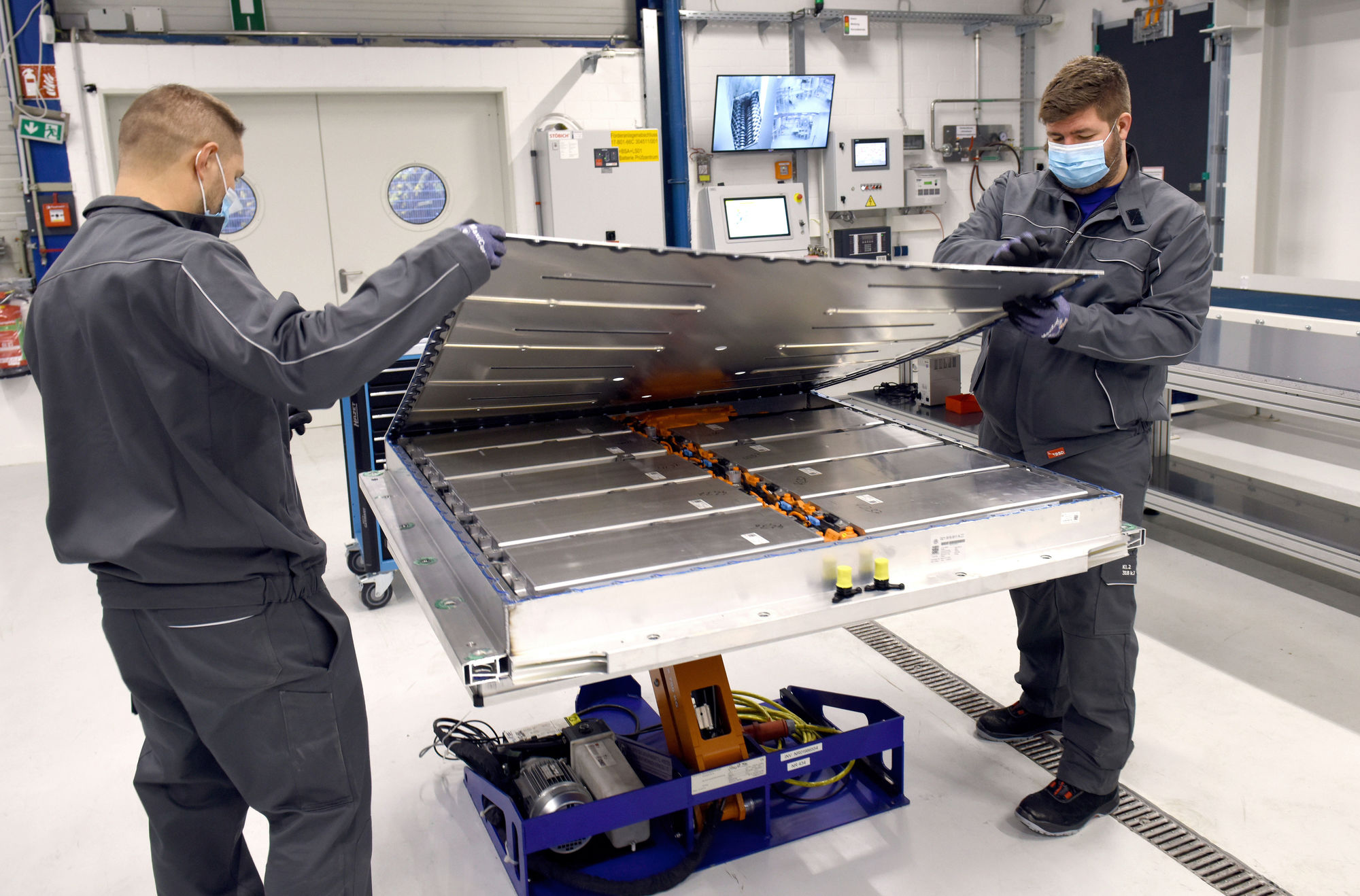
EU backs Spanish subsidy program for EV batteries

EU approved the Spanish grant program for EV batteries. Volkswagen as well as Ford and Renault plan investments there /Volkswagen
The EU Commission has approved an 837 million euros program by the Spanish government to support the production of batteries for EVs. This r


Comments
Ready to join the conversation?
You must be an active subscriber to leave a comment.
Subscribe Today